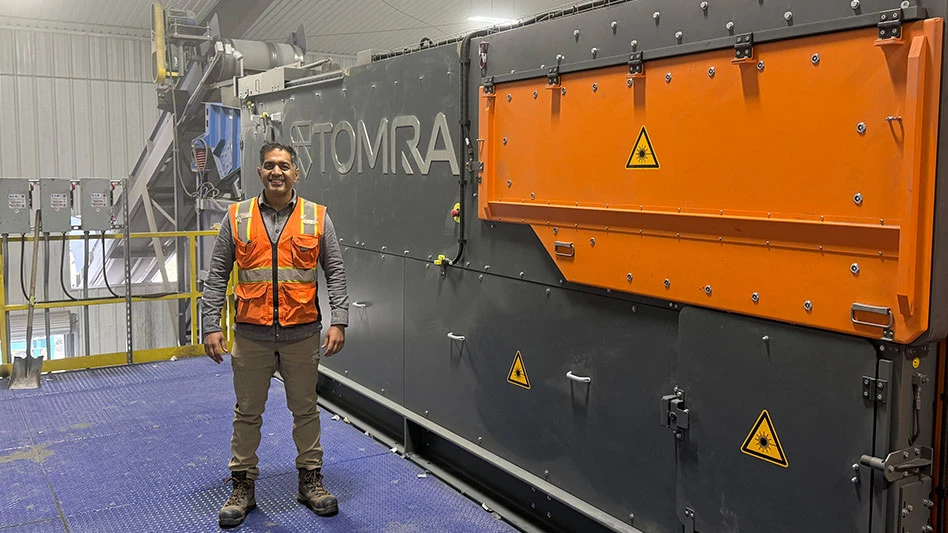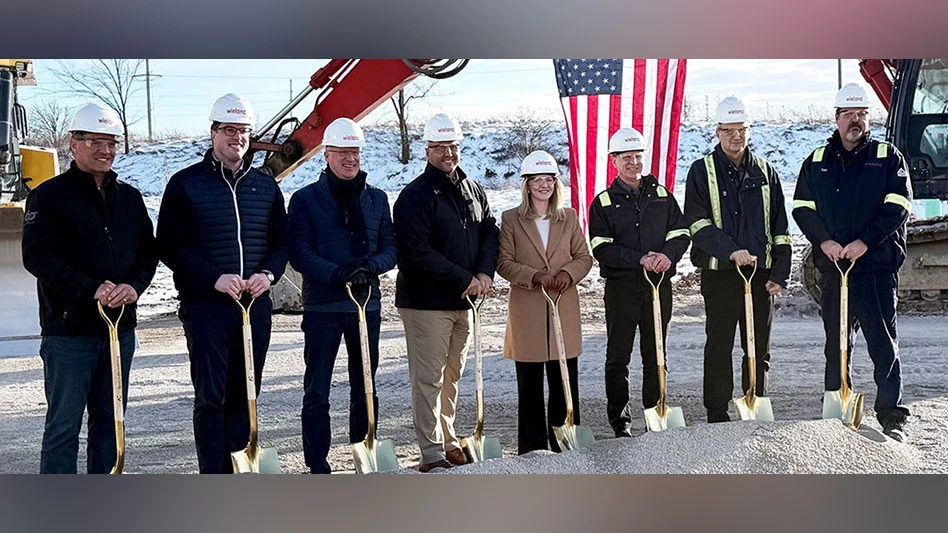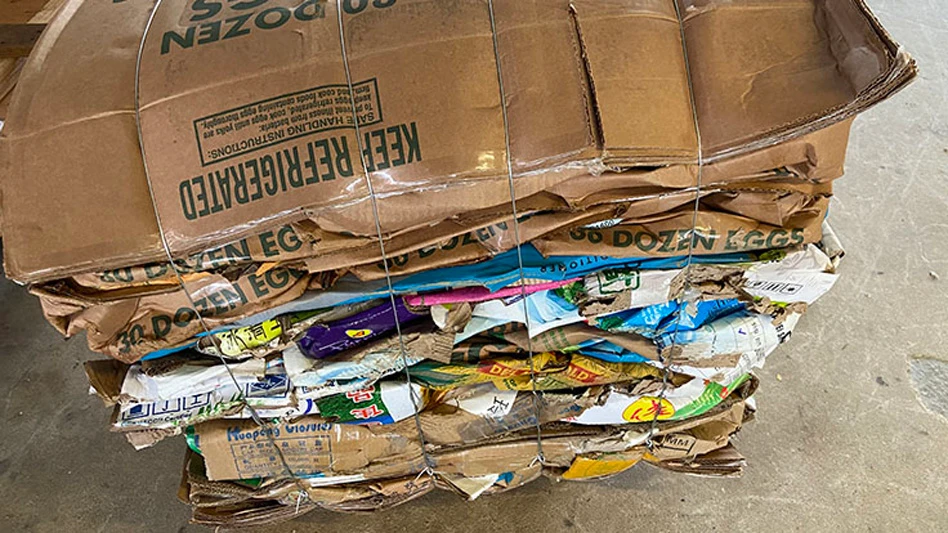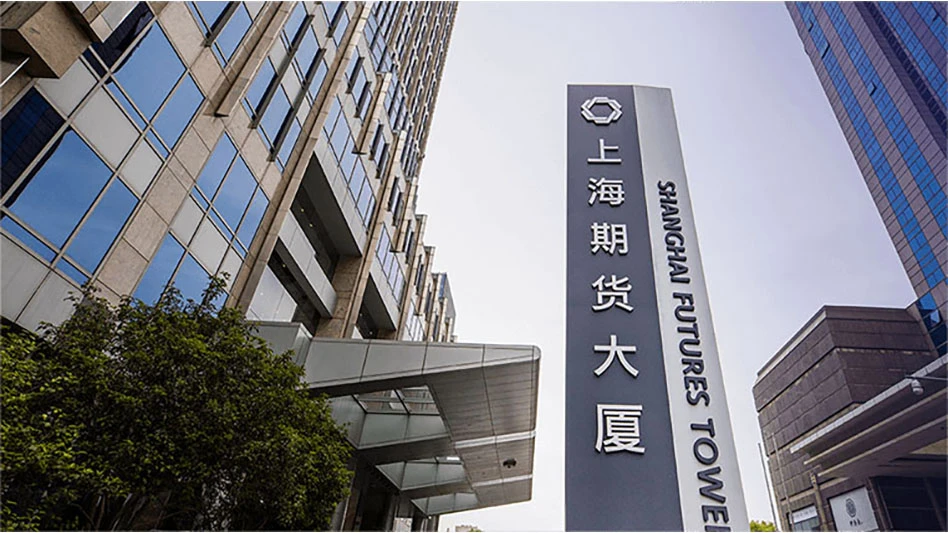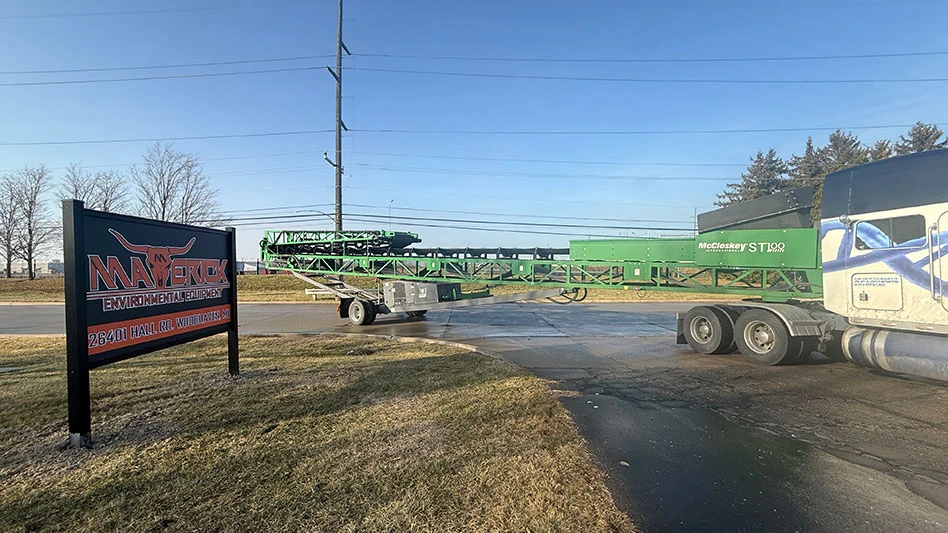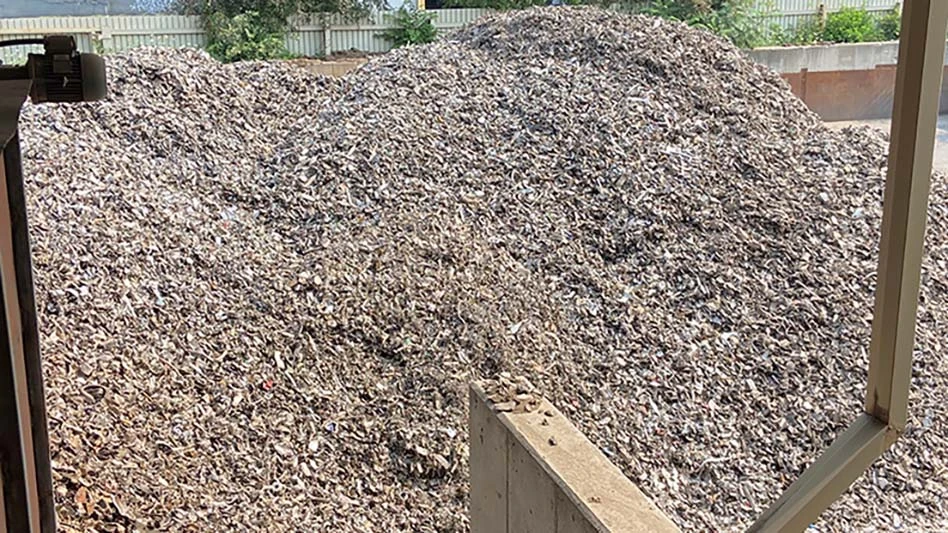
Recycling Today archives
The Brussels-based European Recycling Industries’ Confederation (EuRIC) says it strongly rejects any proposals to introduce export fees or other export restrictions on recycled aluminum leaving the European Union.
The organization says messages coming from the EU Aluminium organization and aluminum producers in Europe “are deceiving” and “reflect neither the concerns nor the interests of European aluminum recyclers.”
EuRIC says figures gathered by the Eurostat agency show in 2024 the EU was a net importer of recycled aluminum from the U.S. Last year, the EU imported 43,000 tons of recycled aluminum from the U.S., while exports to that nation stood at just 9,300 tons.
EuRIC adds that in the first quarter of this year, exports remained at low levels, ranging from just 1,200 to 2,000 tons per month. “These figures are negligible when compared to the EU’s total recycled aluminum production of approximately 5 million tons annually,” according to the recycling confederation.
EuRIC acknowledges that aluminum producers shut down about half of the EU’s primary aluminum plants in 2022 and 2023 because of high energy prices.
Subsequently and in contravention to the EU’s low-emissions targets, in 2023, more than half of Europe’s demand was met by imports from countries with more carbon-intensive energy mixes.
However, EuRIC says, “Restrictions and limitations on the trade of recycled aluminum will not solve these problems. Most traded recycled aluminum grades are being exported because of insufficient allocation on the EU’s market.”
EuRIC points to the shredded zorba grade, saying that mixture of aluminum alloys is “used by the automotive industry for the manufacturing of internal combustion engines, which are no longer produced in EU.”
The organization says export fees or other measures designed to limit the export of recycled aluminum beyond the EU would not support the European aluminum industry and instead would “put pressure on recyclers, undermining their economic viability.”
The confederation adds that metal recyclers in the EU already face a looming burden in the form of enforcement of the revised rules tied to the Waste Shipping Regulation (WSR).
EuRIC concludes, “Instead of restricting exports of recycled aluminum, actors of the whole value chain should look at other means to restoring the EU’s industry competitiveness. This includes tackling high energy prices and burdensome administrative procedures. Only if free trade remains possible and recyclers can operate under predictable and favorable market conditions, their contribution to the decarbonization of the European industry can be fully harnessed."
Latest from Recycling Today
- Nasco-Op declares dividend
- Cyclic Materials announces plans for South Carolina campus
- WM reports revenue, earnings growth in Q4 and full-year 2025
- Solarcycle’s Cedartown, Georgia, recycling facility opens
- Stadler equips Spanish MRF
- SSAB finishes 2025 with decreased revenue
- Vecoplan appoints CFO
- Aurubis raises full-year forecast
